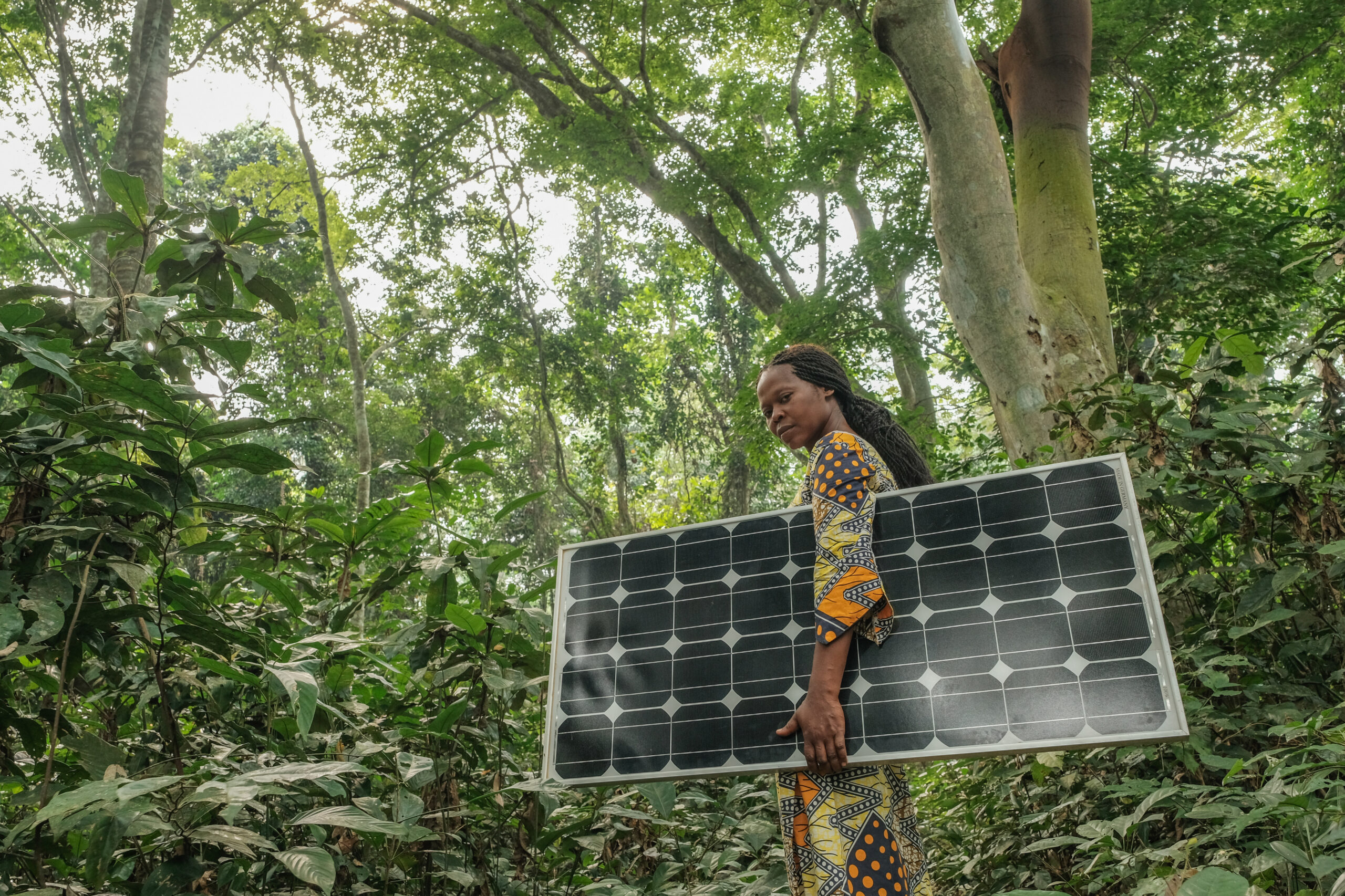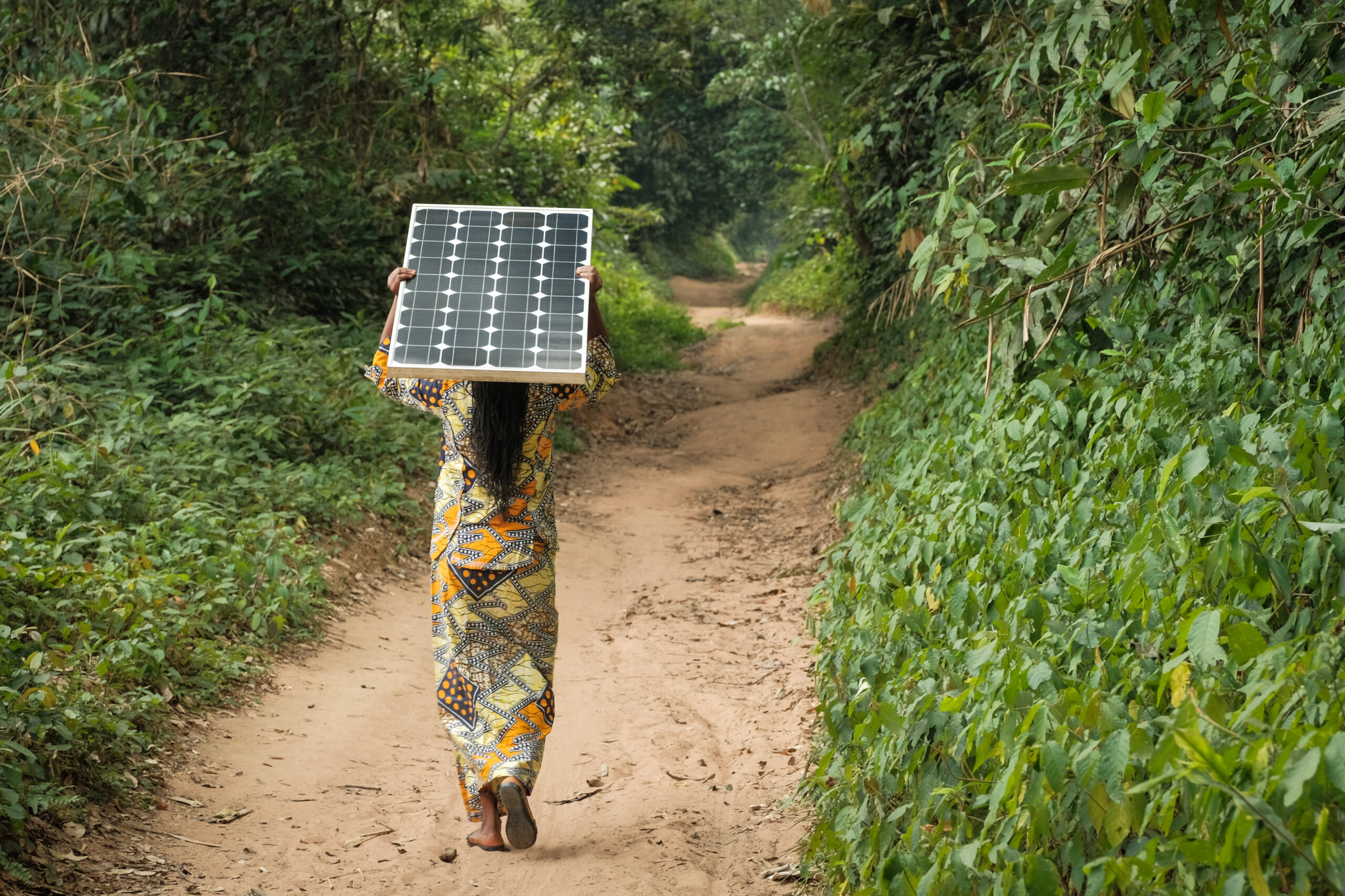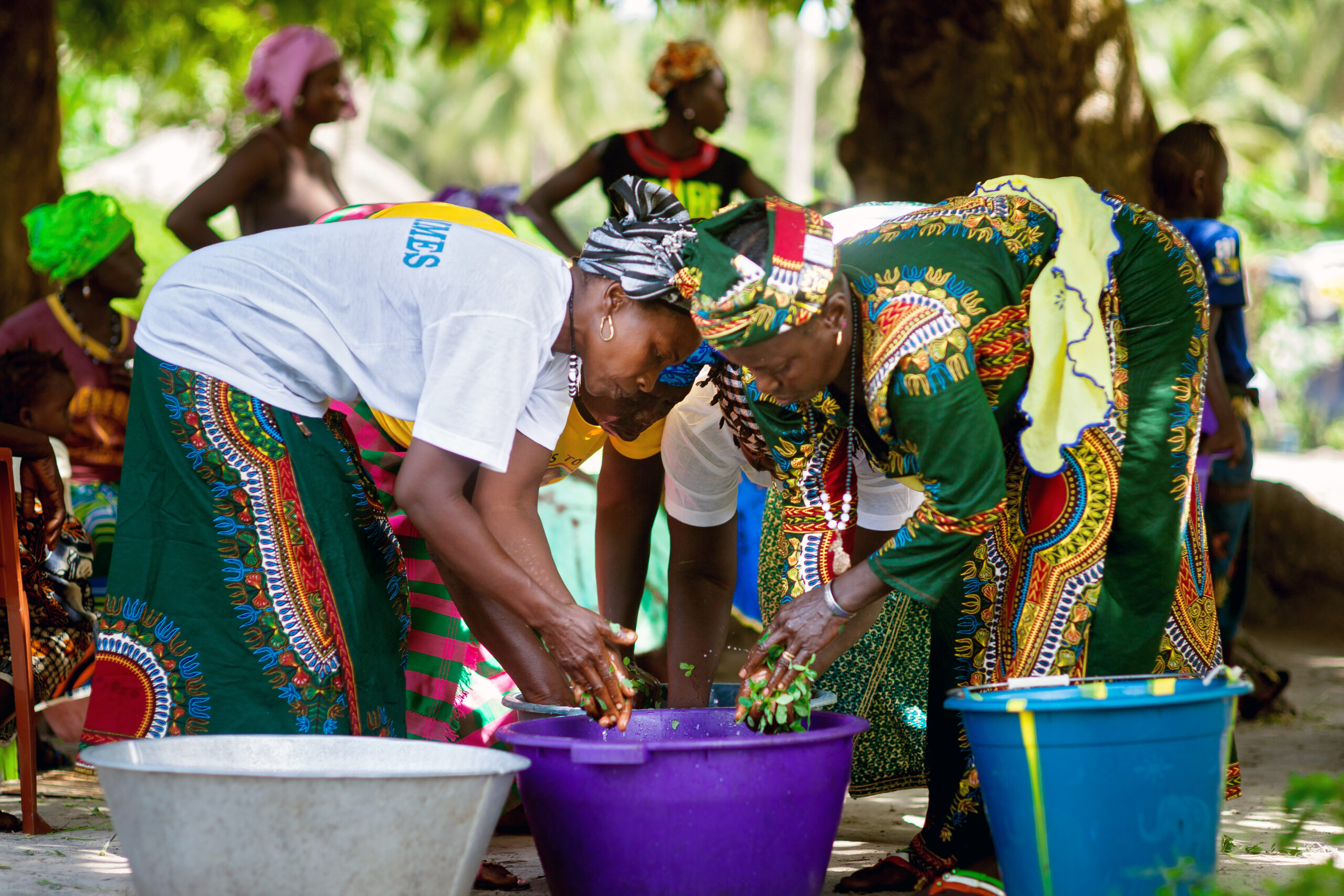Catalytic climate finance: A global learning hub
The Catalytic Climate Finance Facility (CC Facility) accelerates the implementation of high-impact, ready-to-scale financial structures through a suite of services that include grant funding, technical support, and a market-building learning hub.
The CC Facility fills a market gap and reduces market fragmentation to mobilise private capital for climate action in developing economies. It is a partnership between Convergence and Climate Policy Initiative to bring a holistic solution in a fragmented market to accelerate the implementation of high-impact blended finance vehicles catalysing private capital to close the climate financing gap.
The main purpose of the Learning Hub is to generate new evidence and highlight existing evidence on best practices that can contribute to accelerate the implementation of financial vehicles, mobilise private capital, and achieve socioeconomic and environmental impacts. The core focus will be to mainstream and scale climate finance and support sustainable development that fosters a just energy transition, with a cross-cutting gender and local capacity development lens. Knowledge will be collected and shared both within the CC Facility and the wider climate finance ecosystem. A key component of the Learning Hub will be to build long term partnerships with global southern-based research organisations to develop new evidence around implementation and effectiveness of blended finance solutions.
The CC Facility will work in all OECD-DAC Official Development Assistance eligible countries.
Credit: Formation, Recherche, et Environnement dans la Tshopo (FORETS), Democratic Republic of Congo by Axel Fassio/CIFOR via Flickr, CC BY-NC-ND 2.0 https://flic.kr/p/M4bV7G

T20 Side Event: Powering change: Women, youth, and the clean energy revolution
Thursday 12 June 2025
Watch again In this virtual panel event, we will bring together experts from various regions to address a critical challenge of our time: ensuring that women and youth are not left behind in the global transition to clean energy. Gender equity needs to be at the centre of clean energy policies or women will become […]
Woman carrying a solar pannel near Yangambi, DRC. Axel Fassio/CIFOR via Flickr. CC BY-NC-ND 2.0 https://flic.kr/p/286BAUy

Powering Change: The Critical Role of Women and Youth in Sustainable Energy Transformation
9 April 2025
How do we build economic systems that recognise and work within the biophysical limits of our finite planet while simultaneously reducing poverty and inequality? This has become a defining question of our time, and the global transition to clean energy is increasingly considered an important vehicle via which we might address this ‘trilemma.’ Concerns about […]
Guinea - Rural Women's Cooperative Generates Income and Improves Community Life by UN Women via Flickr. CC BY-NC-ND 2.0 https://flic.kr/p/Pqdj5s

Experts call on G20 leaders not to leave women and children behind in the clean energy transition
17 June 2025
As global challenges in clean energy adoption intensify, a compelling conversation unfolded during a virtual panel event, “Powering Change: Women, Youth, and the Clean Energy Revolution,” bringing to the forefront the urgent need to prioritise gender and youth inclusion in the clean energy transition. This event was hosted as an official side event for the […]

